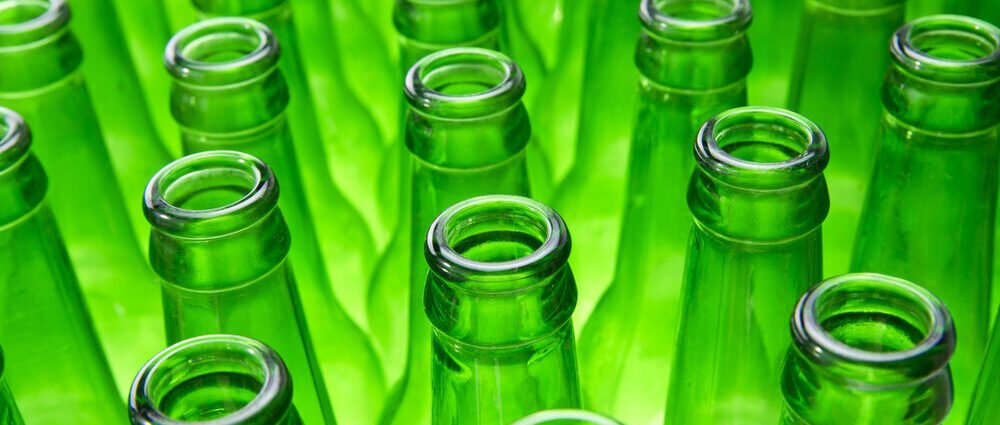The Speyer wine bottle is claimed to be the world’s oldest bottle of wine which is made of glass, dating back to between 325 and 350 AD.
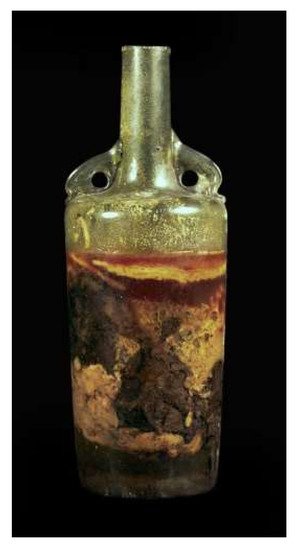
Glass’s broad usage as a storage vessel throughout history demonstrates the material’s durability and utility. It is a versatile material that can be used for everything from food preservation to transmitting the impulses that power the internet.
This material is so important to human growth that the United Nations designated 2022 as the International Year of Glass to recognize its contribution to cultural and scientific advancement. It has sometimes been referred to as a material which can infinitely be recycled without it impacting its quality, purity or durability. The average recycling rate for this in Europe is 76%, compared to 41% for plastic packaging and 31% for wooden packaging.
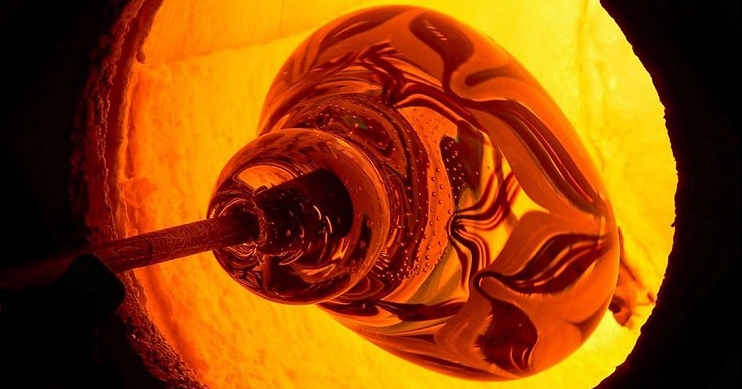
Glass is mostly composed of silica, a naturally occurring material which accounts for 59% of the Earth’s crust. There is no concern about leaching or environmental deterioration because it is a natural substance.
Bottles made out of them, on the other hand, have a bigger environmental footprint than plastic and other bottled container materials, such as drink cartons and aluminum cans.
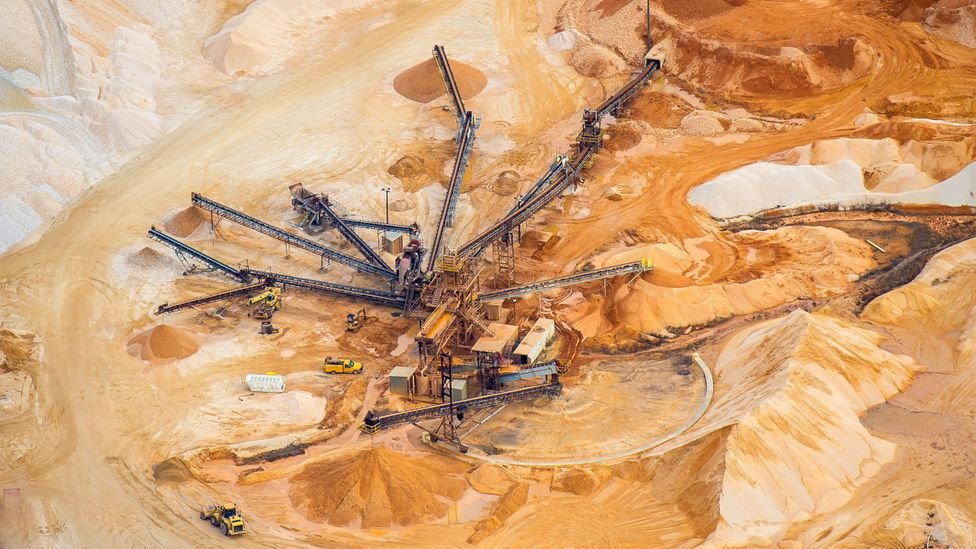
Mining for silica sand may cause substantial environmental impact, ranging from land degradation to biodiversity loss. Basic workers’ rights violations have also been discovered at Shankargarh, India, which is the country’s largest supplier of silica sand to the glass sector.
Some studies have also found that prolonged exposure to silica dust can induce acute silicosis, an irreversible, long-term lung illness caused by inhaling silica dust over an extended period of time.
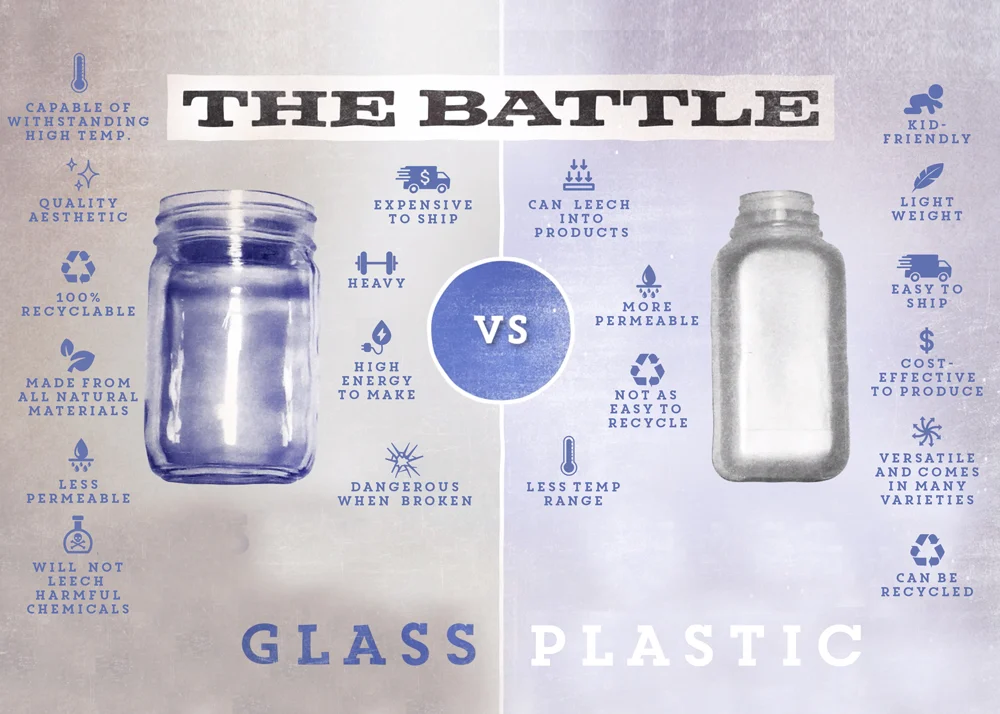
Sand extraction for glass manufacture might have also contributed to the present worldwide sand scarcity. Sand is the second most-used resource in the world after water – people use some 50 billion tonnes of “aggregate.” According to the UN, sand is now used faster than it can be replenished.
There is little doubt that glass continues to play a significant role in a variety of sectors. Its endurance and non-toxic characteristics make it perfect for preserving meals and materials. However, it is incorrect to assume that glass is sustainable just because it is infinitely recyclable. Glass manufacture may be just as harmful to the environment as plastic production during its full existence.
Reference- National Geographic, UN website, UNEP website, Science Direct, BBC, National Library Of Medicine






